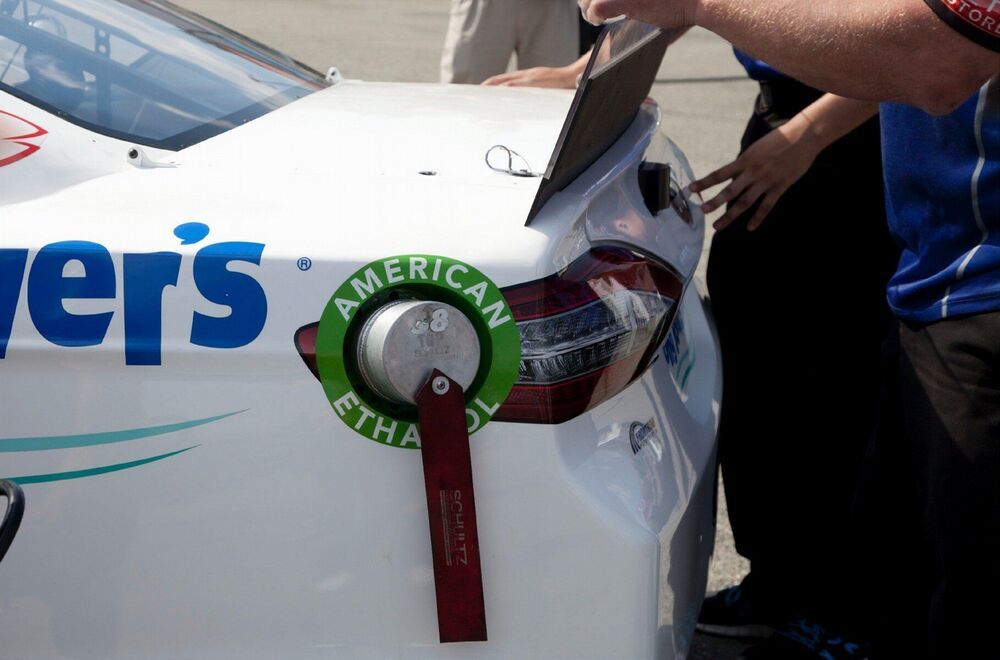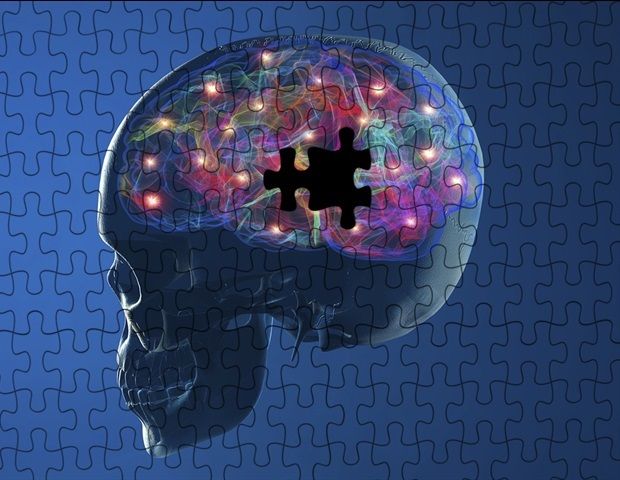A scalpel-free alternative to brain surgery has the potential to benefit people with Parkinson’s disease symptoms that are much more severe on one side of the body, new research suggests.
More testing is needed, but the approach, which uses a technology called focused ultrasound, could offer a new option for patients whose symptoms are poorly controlled by medications and those who cannot or do not wish to undergo traditional brain surgery.
“This small brain region, the subthalamic nucleus, had a very strong and potent effect on parkinsonian symptoms when we targeted it with precise, focused ultrasound energy,” said researcher Jeff Elias, MD, a neurosurgeon at UVA Health and a pioneer in the field of focused ultrasound. “The key for the ultimate adoption of this new procedure will be further refinements of the technology to ensure reliability and safety.”






